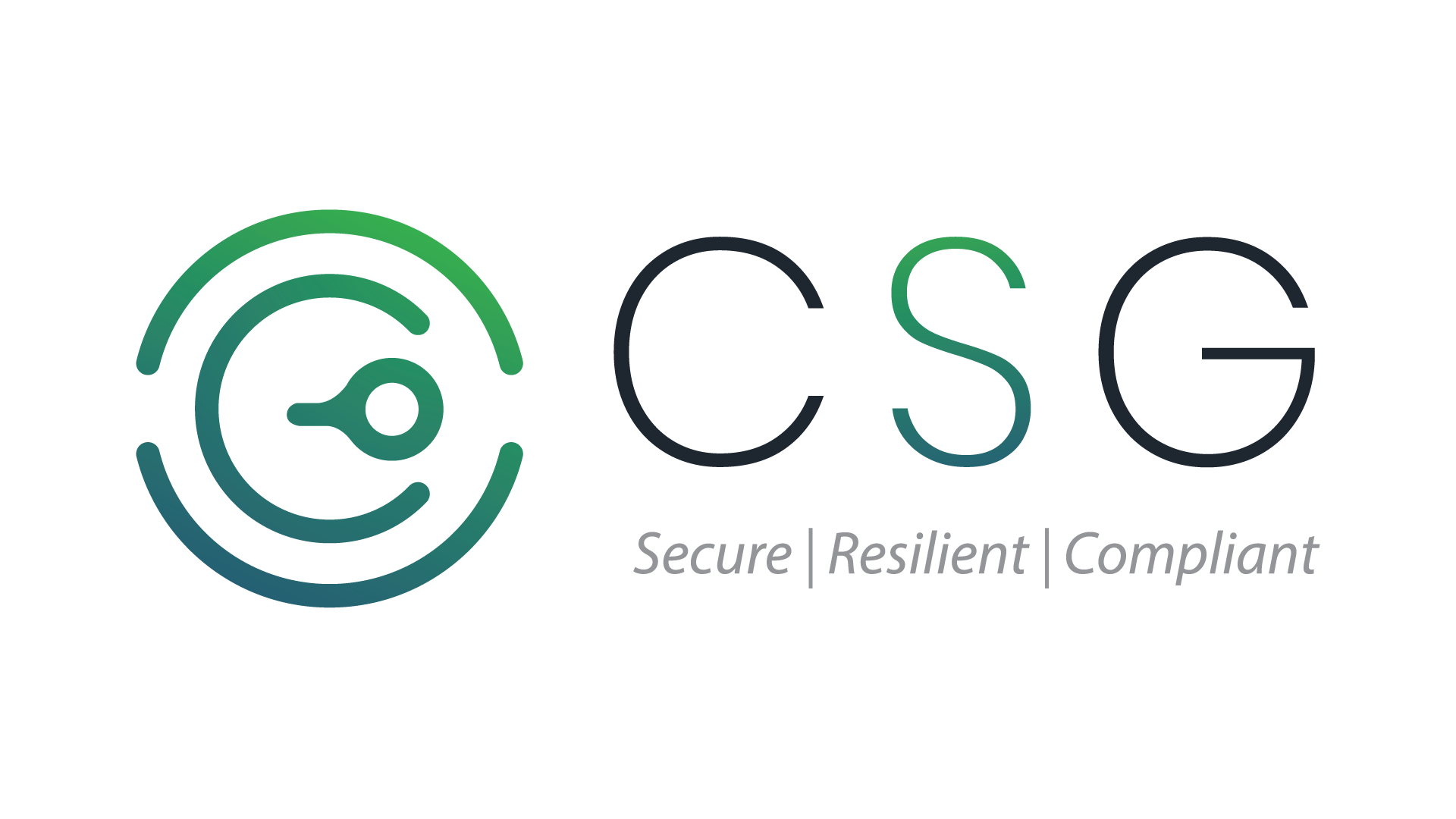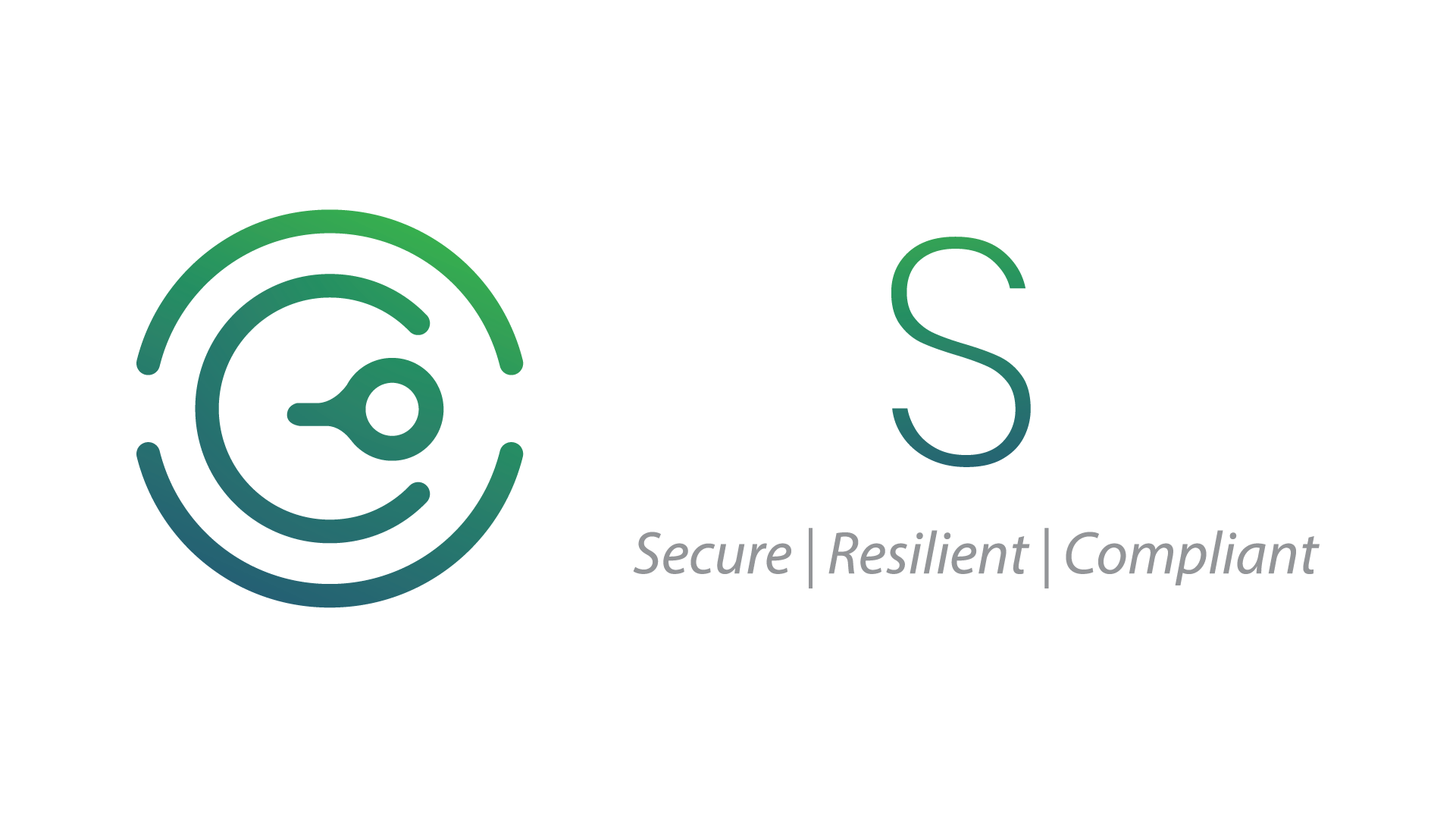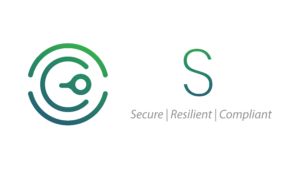
Cyber Compliance Checklist for UAE Healthcare Companies
The UAE’s healthcare sector is undergoing rapid digital transformation — from telemedicine and e-prescriptions to AI diagnostics and electronic health records. But with this innovation comes heightened cybersecurity risk and regulatory pressure.
In 2025, healthcare providers, clinics, labs, and healthtech startups in the UAE must ensure their cybersecurity practices align with both national laws and international standards. Failure to do so can lead to data breaches, fines, license issues, and loss of patient trust.
This checklist breaks down everything UAE healthcare businesses need to stay compliant, protected, and audit-ready.
2. Why Healthcare Cybersecurity is High-Stakes
Healthcare data is among the most valuable and sensitive types of personal information. UAE healthcare organizations are targeted by:
- Ransomware groups demanding payment for stolen patient files
- Phishing campaigns against doctors and admins
- Third-party app vulnerabilities in digital health platforms
- Compliance audits from health authorities and government regulators
One breach can damage both clinical care and corporate credibility.
3. Relevant Regulations for Healthcare in the UAE
✅ UAE Personal Data Protection Law (PDPL)
Applies to all private healthcare providers and healthtech firms.
- Requires consent for processing personal/health data
- Mandates data security, breach notification, and subject rights
✅ NESA Information Assurance Standards
Mandatory for public health entities and critical infrastructure providers.
- Covers access control, business continuity, risk assessments, and monitoring
✅ Dubai Health Authority (DHA) & DOH Abu Dhabi
Local regulators with their own data handling and IT security requirements.
✅ International Standards (Optional but Recommended)
- ISO 27001: Information Security Management
- ISO 27799: Health Informatics Security
- HIPAA (if dealing with US patient data)
4. Cyber Compliance Checklist (2025 Edition)
✅ 1. Data Classification & Access Control
- Identify and tag all sensitive patient data
- Implement role-based access — doctors vs. admin vs. finance
- Enable multi-factor authentication (MFA) for all user accounts
- Keep detailed access logs
✅ 2. Patient Consent & Privacy Policy
- Collect explicit consent before storing or processing health data
- Use consent forms that are clear, specific, and accessible
- Provide a detailed privacy policy aligned with PDPL
✅ 3. Data Encryption & Storage Security
- Encrypt health records both at rest and in transit
- Use secure, compliant cloud services (AWS HealthLake, Azure for Health)
- Store backups in encrypted, off-site locations
✅ 4. Vendor and App Risk Management
- Conduct security reviews of third-party apps or platforms
- Sign Data Protection Agreements (DPAs) with all vendors
- Ensure all software vendors follow PDPL and NESA standards
✅ 5. Incident Response & Breach Reporting
- Create a documented breach response plan
- Train teams to report suspicious activity immediately
- Report serious breaches to the UAE Data Office
- Inform affected patients if needed
✅ 6. Staff Cybersecurity Training
- Train medical and non-medical staff on phishing, device security, and patient data handling
- Run quarterly workshops or simulations
- Use real-life breach examples from healthcare to raise awareness
✅ 7. Penetration Testing & Vulnerability Scans
- Schedule annual penetration tests of hospital networks, cloud systems, and apps
- Fix vulnerabilities within defined SLA timelines
- Include third-party systems in testing scope
✅ 8. Secure Telehealth & Communication Tools
- Use end-to-end encrypted platforms for remote consultations
- Avoid generic platforms (e.g., free video calling tools) for patient interactions
- Log and retain teleconsultation records securely
✅ 9. Business Continuity & Backup
- Implement a Business Continuity Plan (BCP) with defined RTO and RPO
- Regularly test your Disaster Recovery (DR) procedures
- Ensure critical systems (e.g., patient EMRs) can be restored in hours
✅ 10. Audit and Compliance Readiness
- Keep documentation of all data handling and security practices
- Be ready for inspections from DHA, DOH, or NESA
- Conduct internal audits twice a year
5. Common Mistakes to Avoid
❌ Using outdated or unsupported systems
❌ Storing patient data without encryption
❌ No patient opt-out mechanism for data processing
❌ Ignoring app integrations and API vulnerabilities
❌ Lack of documentation during compliance audits
6. How Centre Systems Group Supports UAE Healthcare Cybersecurity
We specialize in helping clinics, hospitals, and healthtech startups:
✅ Achieve PDPL, DHA, and NESA compliance
✅ Build HIPAA-aligned security frameworks
✅ Conduct healthcare-specific penetration testing
✅ Train staff in cyber hygiene and data protection
✅ Prepare for audits and write breach response SOPs
✅ Secure telehealth and patient portals
Our local expertise ensures your patients’ data — and your business — stay safe and compliant.
UAE healthcare providers are stewards of some of the most sensitive data possible. In 2025, compliance isn’t just about avoiding penalties — it’s about safeguarding lives, reputations, and long-term trust.
At Centre Systems Group, we help you build compliance from the ground up — with solutions made for healthcare and scaled for growth.
📞 Book a healthcare compliance consultation today — and protect what matters most.
Frequently Asked Questions
Is PDPL compliance mandatory for private clinics?
Yes. All UAE entities processing personal data — including healthcare providers — must comply.
Can patient consent be verbal?
Consent must be documented. Digital or written formats are preferred and often required.
Do third-party billing and lab systems need to be compliant?
Yes. Any vendor handling health data must meet the same standards.
What if my EMR provider is based outside the UAE?
Ensure the country has adequate protection or use Standard Contractual Clauses (SCCs) and get explicit patient consent.



Leave a Reply